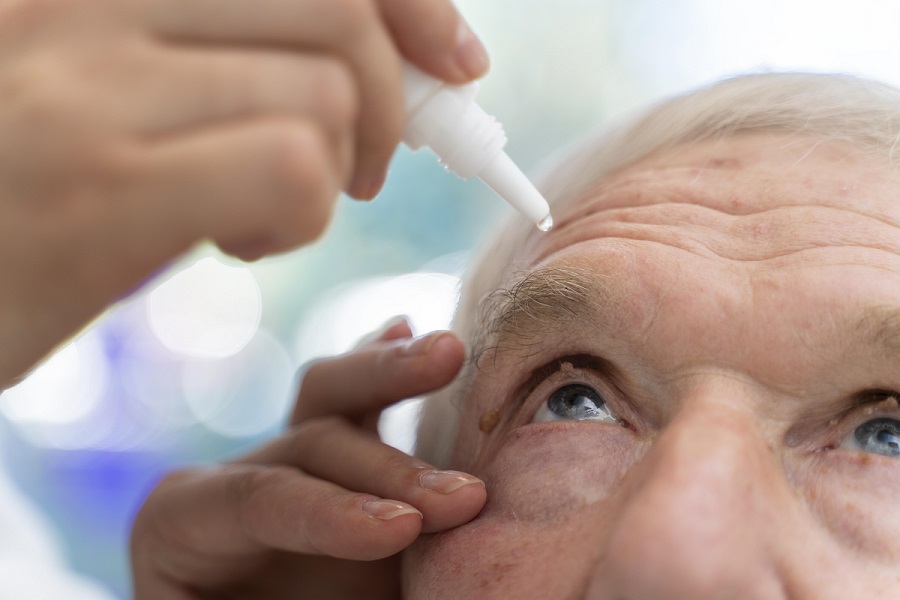- Eat a Nutrient-Rich Diet:
A balanced diet rich in vitamins and minerals is essential for maintaining healthy eyes. Include foods such as leafy greens, colorful fruits, and vegetables in your meals. These foods are packed with antioxidants like vitamin C and E, which help protect the lens of your eye from damage caused by free radicals. Additionally, incorporate omega-3 fatty acids found in fish, flaxseeds, and walnuts into your diet as they have been shown to reduce the risk of cataract formation. - Protect Your Eyes from UV Rays:
Exposure to ultraviolet (UV) rays from the sun can contribute to the development of cataracts. To protect your eyes, wear sunglasses that block 100% of both UVA and UVB rays when you are outdoors, even on cloudy days. Additionally, consider wearing wide-brimmed hats to provide further shade and reduce direct sunlight exposure to your eyes. - Quit Smoking:
Smoking is not only harmful to your lungs but also to your eyes. Research has shown that smoking significantly increases the risk of cataract formation. The chemicals in tobacco smoke can damage the proteins in the lens, leading to clouding and vision impairment. Quitting smoking can help reduce your risk of developing cataracts and other eye-related conditions. - Limit Alcohol Consumption:
Excessive alcohol consumption has been linked to an increased risk of cataracts. If you drink alcohol, do so in moderation. The Centers for Disease Control and Prevention (CDC) defines moderate drinking as up to one drink per day for women and up to two drinks per day for men. By limiting your alcohol intake, you can help protect your eyes and overall health. - Regular Eye Exams:
Regular eye exams are crucial for maintaining good eye health and detecting any potential problems early on. Visit your eye care professional at least once every two years, or more frequently if you have existing eye conditions or a family history of cataracts. Eye exams can help identify cataracts in their early stages, allowing for timely intervention and treatment. - Manage Chronic Conditions:
Certain chronic conditions like diabetes and high blood pressure can increase the risk of developing cataracts. It is important to manage these conditions effectively through regular check-ups, medication, and lifestyle modifications. By controlling your blood sugar levels and blood pressure, you can reduce the likelihood of cataract formation. - Practice Good Eye Hygiene:
Maintaining good eye hygiene can help prevent eye infections, which can potentially lead to cataracts. Wash your hands thoroughly before touching your eyes or applying any eye drops or medications. Avoid sharing eye makeup or contact lenses to minimize the risk of infection. Additionally, ensure that your contact lenses are properly cleaned and stored according to the instructions provided by your eye care professional.
Conclusion:
Cataracts can significantly impact your vision and quality of life. However, by adopting these preventive measures, you can reduce your risk of developing cataracts and maintain healthy eyes. Remember to eat a nutrient-rich diet, protect your eyes from UV rays, quit smoking, limit alcohol consumption, schedule regular eye exams, manage chronic conditions, and practice good eye hygiene. Taking care of your eyes is a lifelong commitment, and by incorporating these tips into your daily routine, you can promote good eye health and enjoy clear vision for years to come.

